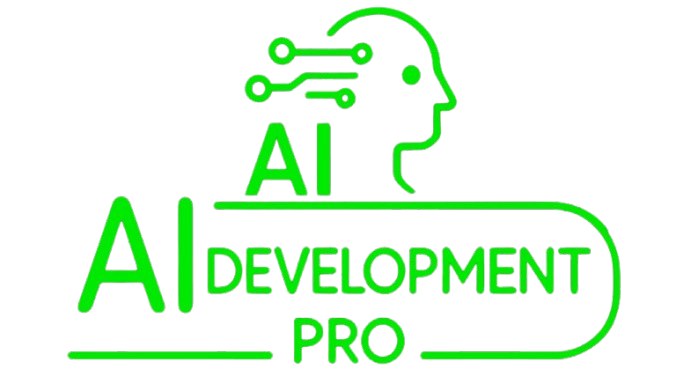

Understanding the Role of API Keys in AI Development
In the dynamic landscape of technology, particularly in the realm of artificial intelligence (AI), there are innumerable tools and methods that developers leverage to create intelligent systems. Among these tools, one vital player that often operates behind the scenes but plays a critical role is the API key. While this might sound like a term reserved for software engineers, understanding API keys and their significance in AI development is crucial for anyone interested in the field. This blog post will explore what API keys are, why they are essential in AI development, and how they navigate the challenges posed by this fast-evolving field.
What is an API Key?
An API key is a simple yet powerful tool used to unlock the potential of APIs (Application Programming Interfaces). An API is a set of functions and procedures allowing the creation of applications that access features or data of an operating system, application, or service. In essence, if AI development were a magical kingdom, APIs would be the gateways to its resources, and API keys would be the keys to open these gates.
API keys are typically a string of letters and numbers passed with an API request to identify the calling program, its developer, or its user. They serve as a basic form of authentication to protect APIs from misuse, allowing in only those with the correct keys. Simply put, if you were at a concert, the API key would be your ticket to enter.
The Role of API Keys in AI Development
1. Authorization and Security
API keys are critical for maintaining the security and integrity of AI applications by controlling access to data and services. In AI development, ensuring that only authorized entities have access to AI models or environments is crucial for both security and resource management. API keys help in legitimizing applications interacting with APIs, effectively preventing unauthorized access to sensitive AI models and data.
Moreover, as AI systems often rely on vast amounts of data – ranging from user information to intricate datasets for training models – safeguarding this data is of paramount importance. API keys impose a layer of security that keeps this data protected from potential breaches.
2. Analytics and Monitoring
API keys provide developers with the ability to monitor API usage, enabling them to track who accesses what and when. This is particularly important in AI development, where understanding usage patterns can dictate future updates, improvements, and scaling needs of the system.
Developers can analyze usage metrics associated with specific API keys to gain insights into how APIs are being utilized within an AI application. For instance, by tracking the frequency of requests made through different API keys, developers can identify popular features or data endpoints, helping prioritize further development and optimization efforts.
3. Access Management and Rate Limiting
In AI development, where cloud-based APIs are often deployed, managing and disseminating resources efficiently is key. API keys can serve as an access management tool, ensuring equal and fair distribution of AI resources, particularly for cloud-based AI services. This is achieved through rate limiting, where developers can restrict the number of API calls made by a particular application or user.
By implementing rate limits, developers can prevent server overloads and maintain the performance of their AI services even when under high demand. Moreover, this ensures that resources are available for those who need them, reducing the risk of service disruptions.
4. Integrating AI Capabilities
API keys facilitate the seamless integration of various AI capabilities into applications. As the AI field is vast, ranging from natural language processing and computer vision to predictive analytics and beyond, developers often rely on specialized third-party services to integrate these AI capabilities into their applications.
These third-party services typically provide APIs with unique API keys that developers use to access the functionalities they need without having to build them from scratch. For example, a developer creating an AI-driven chatbot can use natural language processing services via an API, seamlessly integrating sophisticated language understanding capabilities into their application through simple API calls.
Challenges and Considerations
While API keys are indispensable in AI development, there are also challenges to consider. Key management becomes critical, especially in large applications that deal with multiple APIs. Keeping these keys secure and managing key rotation policies to reduce security risks is essential. Furthermore, API keys must be handled with care to prevent inadvertent sharing in public code repositories.
If you are interested in the topic of APIs, you will definitely like what I wrote in this article Unlocking the Potential of AI and Machine Learning with AIMLAPI: A Comprehensive Guide
Support our work by sharing on multiple social platforms. Join our community







